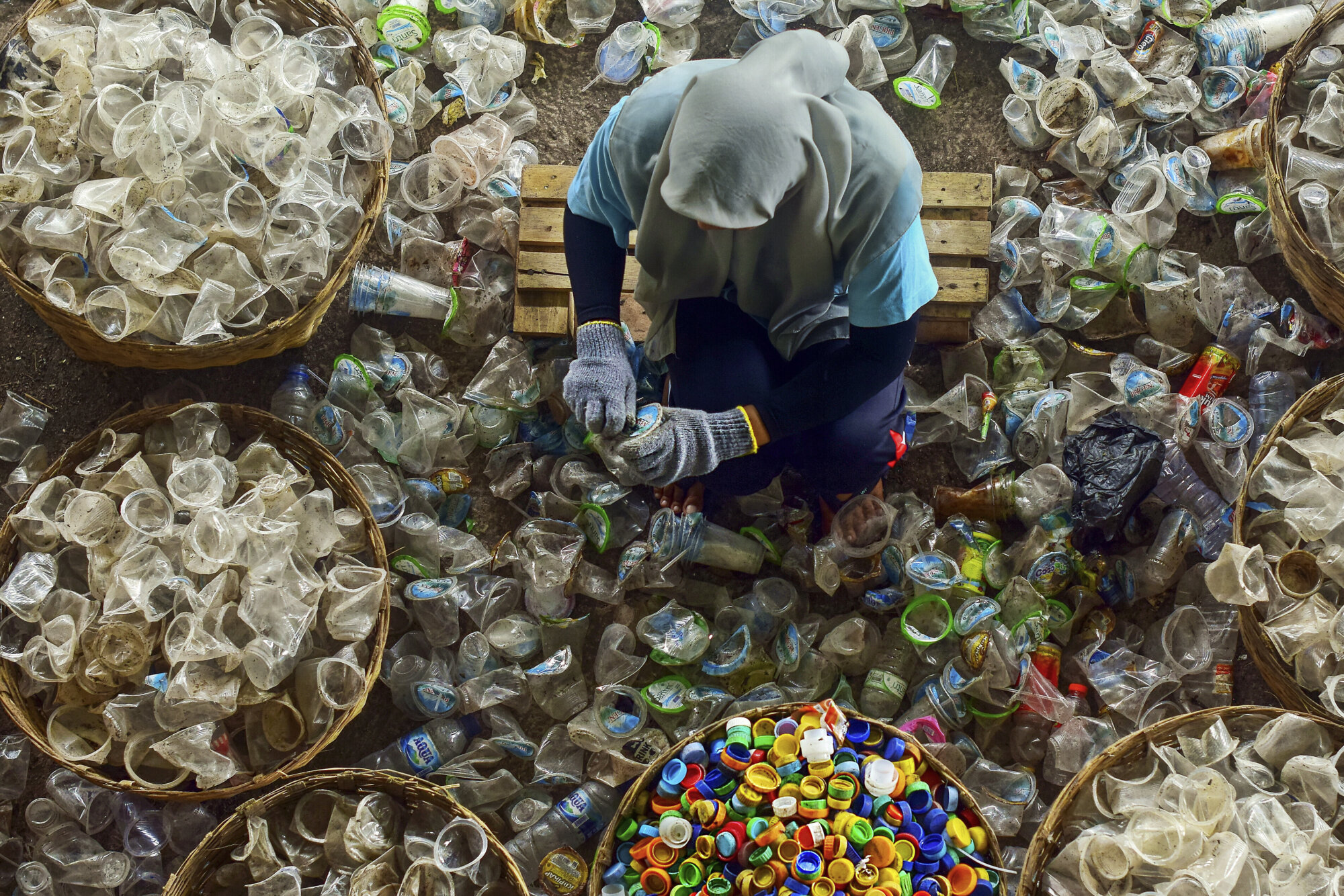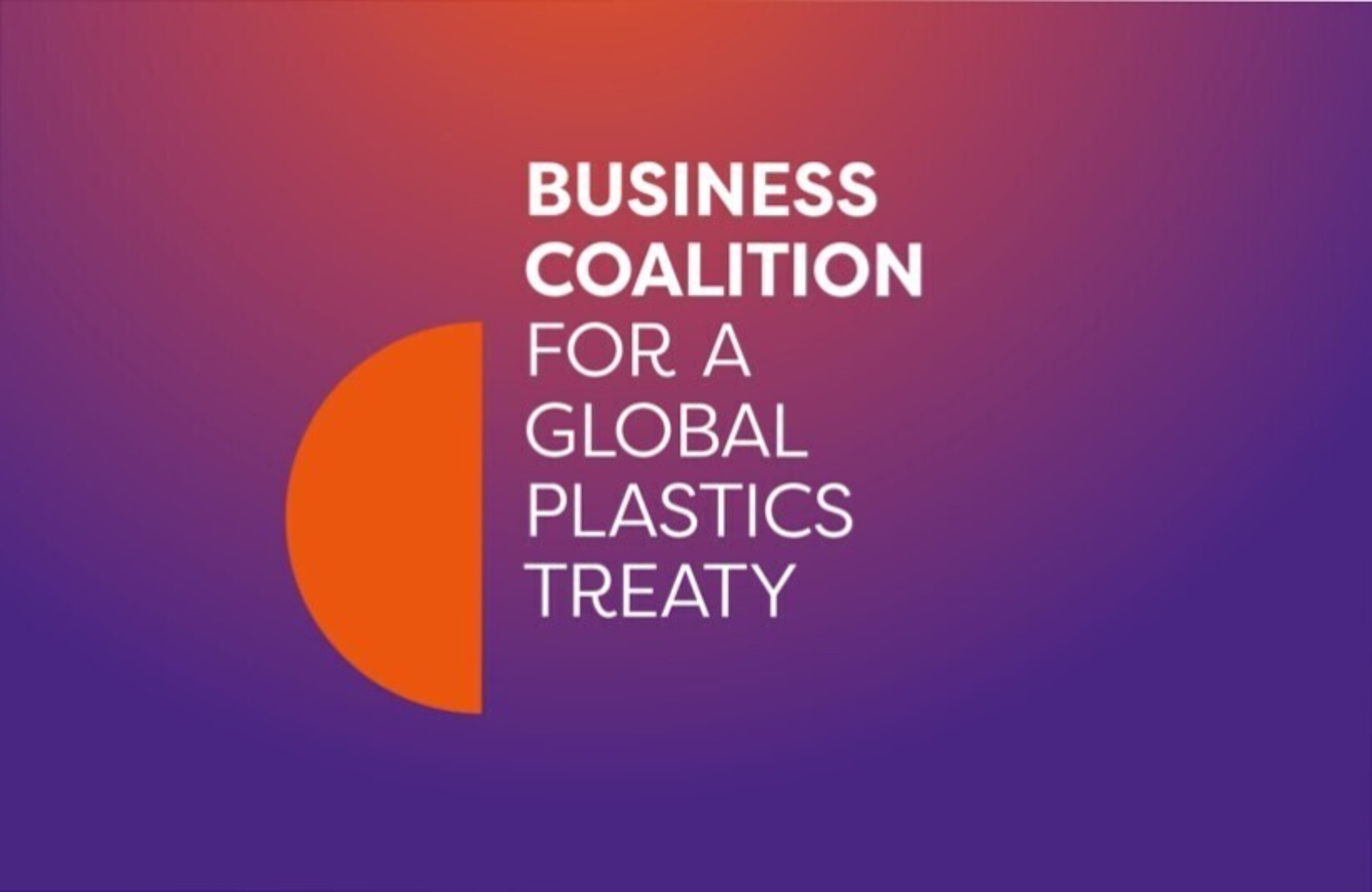
Global Treaty To End Plastic Pollution
Plastic pollution has long been recognised to cause a number of detrimental environmental and societal consequences, despite plastic solutions contributing to sustainability in many applications. Nevertheless, the global rise in demand for plastic until now has outpaced voluntary efforts to curb plastic pollution. In March 2022, at the fifth United Nations Environment Assembly (UNEA 5.2), 175 countries supported a resolution to negotiate an international legally binding instrument to end plastic pollution, including in the marine environment. From the start, Borealis has been supportive of an ambitious treaty to curb global plastic pollution.
Ambitious Action To End Plastic Pollution
As an active member of the Business Coalition for a Global Plastics Treaty, Borealis supports the development of an ambitious, effective and legally binding UN treaty to end plastic pollution. The current negotiations, initiated by UNEA resolution 5/14, are a once-in-a-generation opportunity to tackle the plastic pollution crisis in a globally coordinated way and enable a just transition for all people involved in the plastics value chain.
Borealis was one of 80 organisations involved at the launch of the Business Coalition for a Global Plastics Treaty in September 2022. The Coalition now brings together over 220 companies and organisations working across the plastics value chain and financial institutions. It is convened by the WWF and the EMF.
Honoring our commitment towards establishing a functioning circular economy, Borealis contributes our expertise, as a plastics producer and recycler, to the development of Business Coalition policy recommendations for the negotiating member states. Building on lessons from voluntary corporate efforts, we know that global binding rules are a critical lever to scale solutions, spark innovation and mobilize investments. There is no time to waste, and ambition is critical to success.

The Vision of the Business Coalition for a Global Plastics Treaty
The policy recommendations of the BCGPT to be formalized in the Treaty include a reduction of plastic through a circular economy approach, focusing on virgin plastics, with a particular focus on those produced from fossil fuels to contribute towards staying within the 1.5 degree climate pathway, and problematic applications with a high probability of leaking into the environment.
Learn More